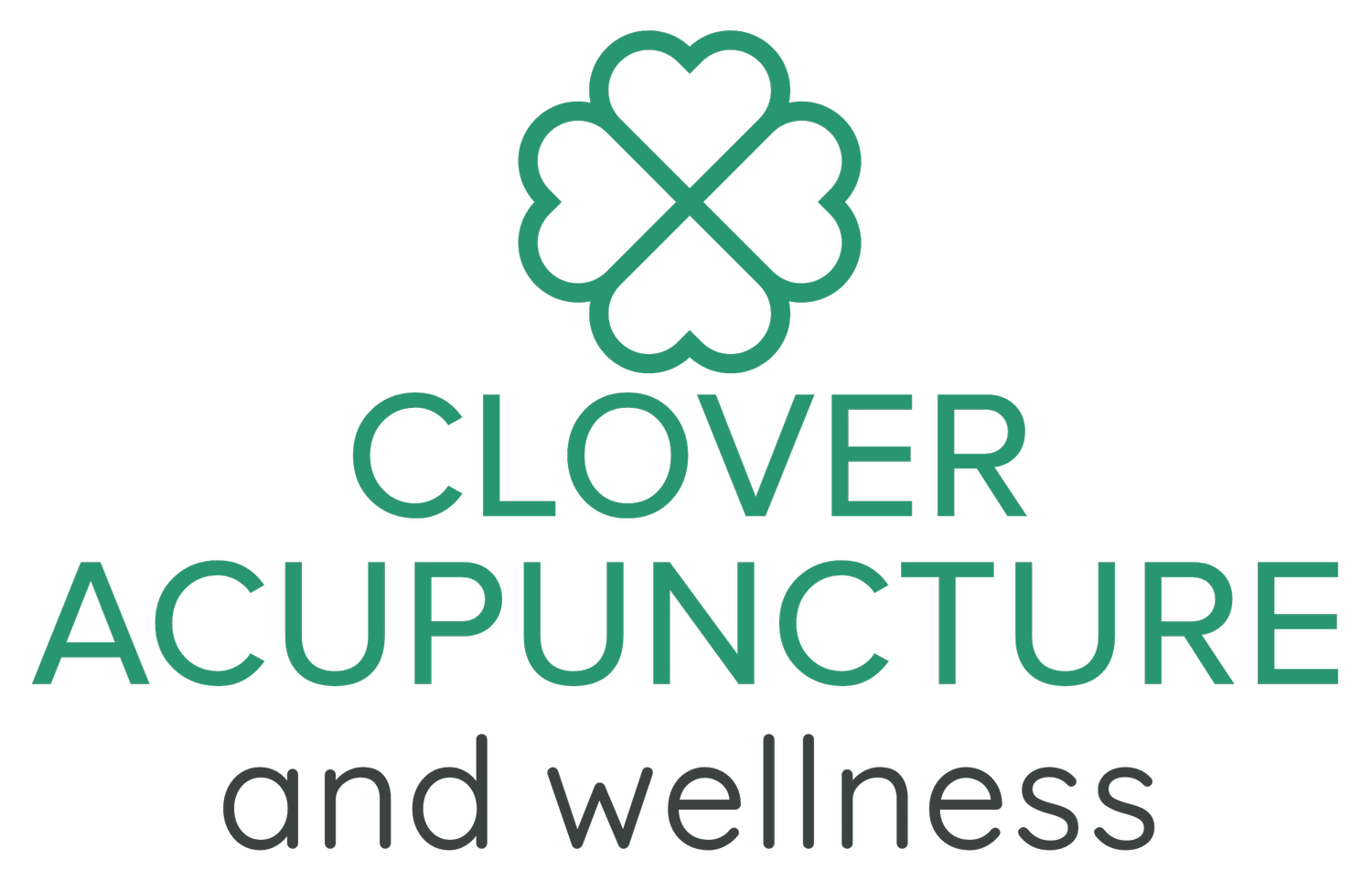7 Tips To Cultivate Restful Sleep
How you sleep is one of the most important aspects of your health, and is something you should not neglect. My clients that report poor sleep tend to take longer to heal from even minor health issues.
Our bodies require restful sleep to heal. In general, if you have a health condition and poor sleep, fix the sleep first and the other will follow suit much quicker. There are many things which can be done to improve your odds of a better night’s rest.
Try to incorporate some of the tips below to make a positive impact on your slumber.
Finish Eating Earlier - Try to avoid snacking after dinner and limit water consumption late into the evening as well. By eating (even snacking), you will begin a new digestion process that actually energizes your body. And too much water will have you up often to urinate.
No Blue Light - Your phone, tablet, or other “blue light“ gadgets awaken your brain by suppressing your body’s production of melatonin. They do not belong in the bedroom, and may negatively impact your sleep. While this might be the hardest of all habits to break, it could possibly have the biggest impact on helping you fall asleep faster. It is best to turn these devices off at least 60 minutes before going to bed and leave them to charge outside of the bedroom.
Create a Routine - Create a relaxing routine before going to bed. A comforting shower, reading (not on your phone), or 20 minutes of journaling or meditation are some options. Transition both your mind and body into the bedtime process and let your body naturally relax.
Make it a Habit - Keep a consistent sleep schedule. Try going to bed and waking-up at the same time each day, even on the weekends!
Stay Positive - If you find that you wake up regularly with your mind racing, try not to feel discouraged. Instead of thinking about how you can’t fall back asleep, think of how refreshed and rested you will feel tomorrow. No matter how long you have been up- just picture a bright and chipper you tomorrow. Sometimes, just the thought of a better outcome will allow you to relax enough to drift back to slumber.
Limit Alcohol - Be mindful of your alcohol intake. Alcohol may be a sedative, but a nightcap can suppress your REM sleep, disrupting your natural sleep pattern throughout the night (in some cases, you might be waking-up periodically without even realizing it. In lieu of alcohol, consider making a switch to an herbal tea at nighttime.
Go See a Traditional Chinese Medicine (TCM) Practitioner - TCM offers both acupuncture and herbal medicine as a remedy for insomnia. Whether you have trouble falling asleep, staying asleep, wake feeling unrested, or all of the above, there are several safe and effective herbal formulas to help. Once the proper individualized pattern has been identified, a TCM practitioner can personalize a course of treatment. A combination of acupuncture and herbal medicine has been shown to help those with insomnia to sleep more deeply and to achieve restful sleep for longer periods of time.
Additionally, clinical studies have shown that acupuncture helps to release extra neurotransmitters, including serotonin, which regulates sleep patterns. As a result, acupuncture can be used to improve the quality of sleep without the sluggish side effects associated with most prescription sleep aids.
-by Candice Behan, L.Ac.
#AcupunctureMentalHealth #AcupunctureForInsomnia #AcupunctureForSleep

